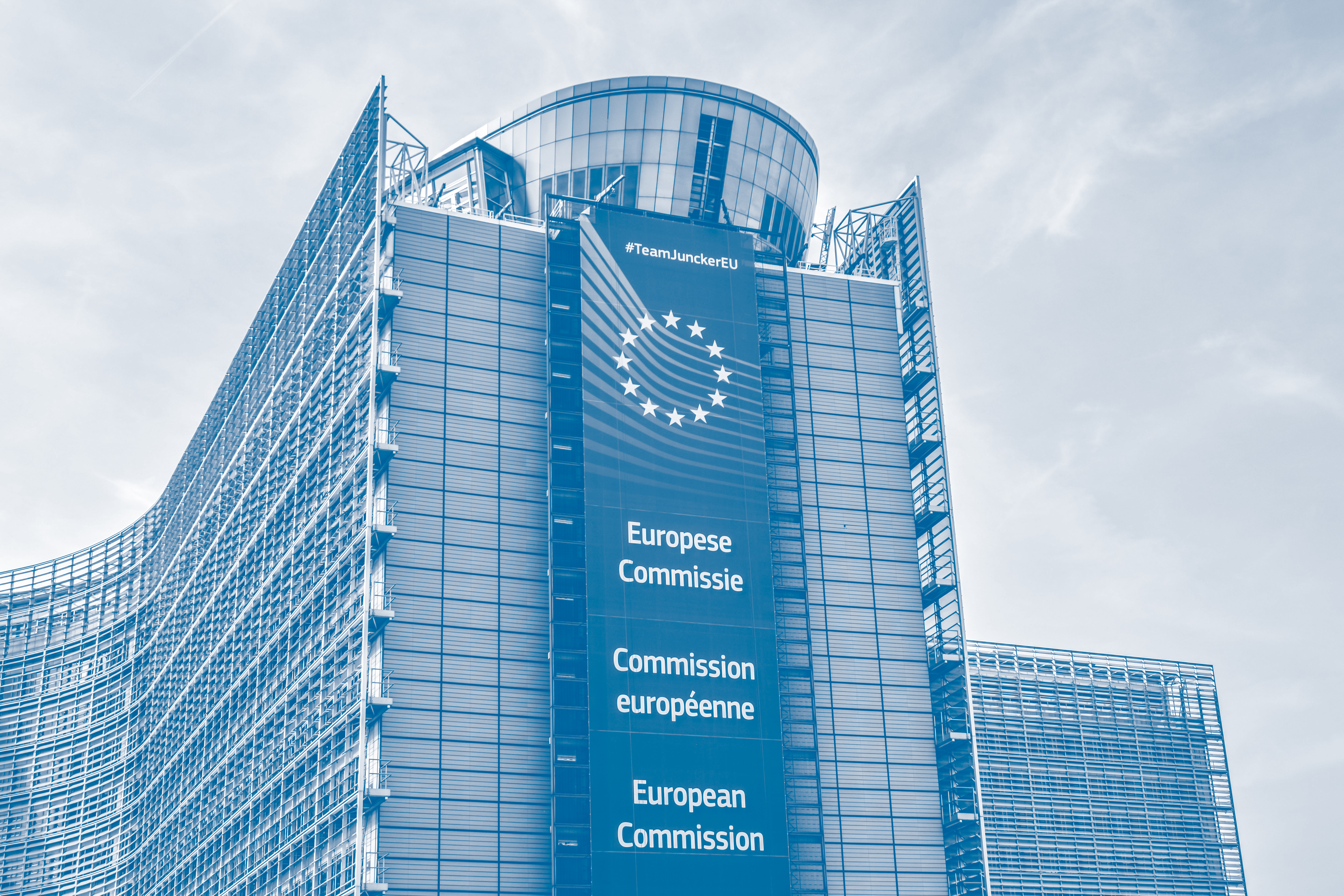By Silvia Fierăscu| Timișoara
In countries where corruption is an endemic problem, the investigative and intervention strategies being employed to curb the phenomenon at present are not working. Despite the consistent efforts and resources invested into such initiatives, they fail to lower the levels of corruption.
Why is this? It is because, in countries with systemic corruption, we are dealing with institutionalised complex networks of corruption. The current methods used to disrupt them do not address these networks’ organising principles with the right data, conceptual framework or analytical tools.






